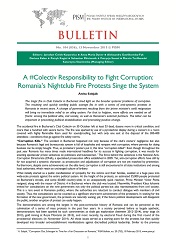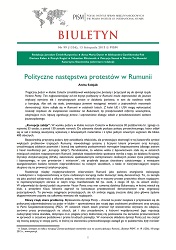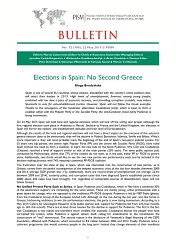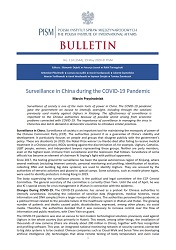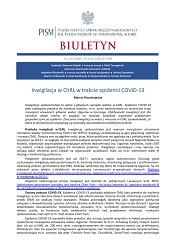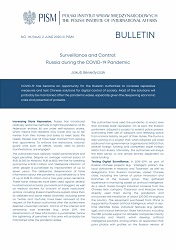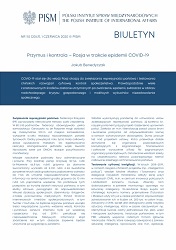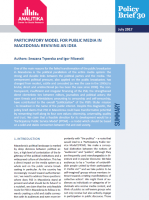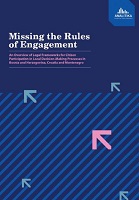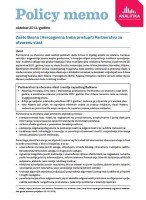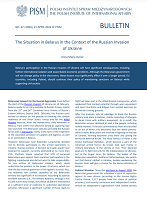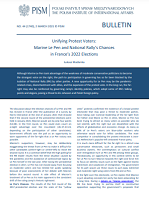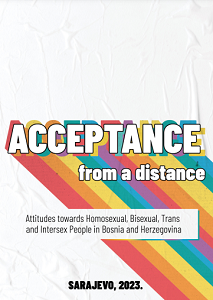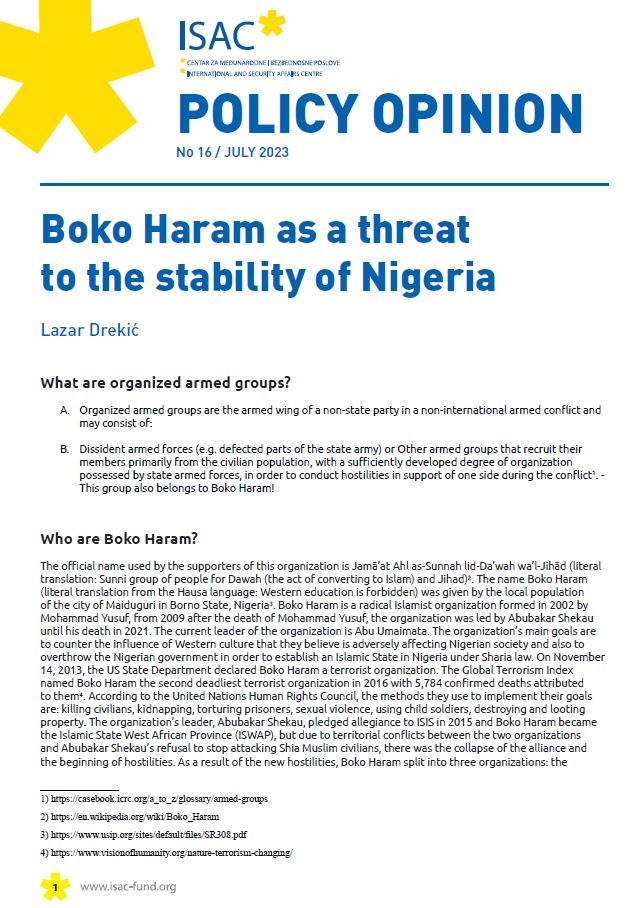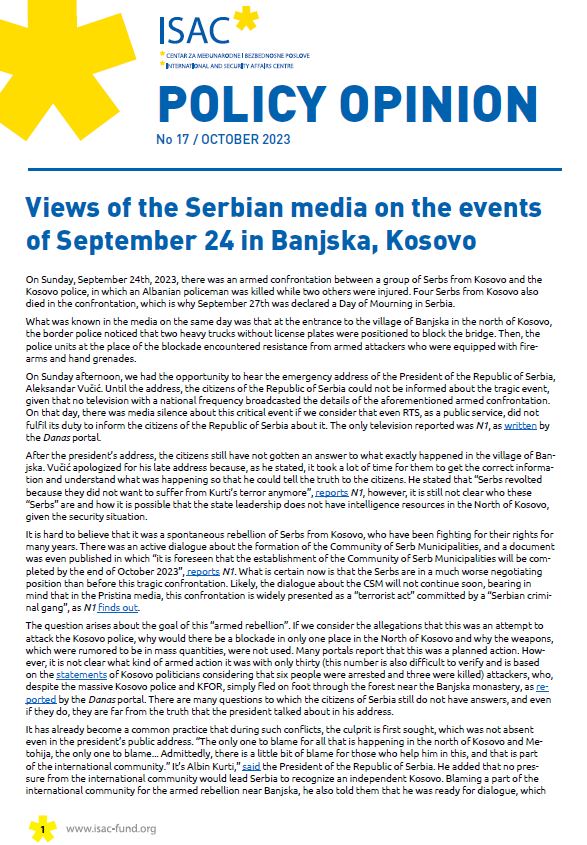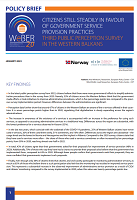Author(s): Mirna Jusić / Language(s): English
Citizen participation in local level decision-making processes is not a novelty in the region of former Yugoslavia. The subject had received international attention during the 1970s, when innovative participatory institutions and practices in Yugoslav municipalities were making their way into scholarly texts discussing solutions to the problems of participatory democracy. Yet despite – or maybe because of – the apparent historical legacy of citizen participation in local-level decision-making, current accounts of local-level practices of citizen engagement appear to be wanting. Research conducted in Bosnia and Herzegovina (hereafter: BiH), Croatia and Montenegro, three countries considered in this report, points to weaknesses in the way participatory processes are conducted. Despite variations in practice, the general impression is that citizens are inadequately informed about possibilities for participation and may lack feedback on outcomes of participatory processes; that their ability to influence decision-making is perceived to be questionable; or that local administrations lack capacities and expertise for organizing well-structured participatory events. The motivation of citizens to engage in decision-making appears to be hampered by their perception that chances to do so are limited and that official channels for addressing their problems and needs are absent. Such findings are especially telling considering that citizen participation has become a key word in the jargon of national and local governments, as well as international organizations that have in the past twenty years devoted significant efforts to policy development and capacity building processes in the area of citizen engagement. To date, little attention has been paid to the factors that potentially influence participatory processes and that may help explain the similarities and differences in practice in these three countries since their democratization. Considering an enabling policy environment to be such a factor, this report seeks to inquire whether legal and institutional frameworks for citizen participation in BiH, Croatia, and Montenegro enable or discourage citizen participation in decision-making in local affairs. This factor appears especially important given the substantial effort vested in participation policies and programs by domestic and international actors. At the same time, we recognize the importance of other contextual factors for effective participation, such as the level of democratization, tradition of citizen engagement or the capacities of different actors to encourage participatory practices, but do not examine them at any length in here. This report is a result of research conducted for the project “Effective and sustainable citizen participation” in order to inform the creation of operational documents for citizen participation in local decision-making processes in BiH, Croatia and Montenegro. The ultimate purpose of the report is to provide a systematic overview of legal arrangements for citizen participation in the three countries, so that operational documents could be drafted in such a way as to correspond with the existing legal and institutional frameworks. Besides the needs of the project, the comparison of these three countries is also conceptually and methodologically motivating because they recently were a part of the same legal, political and cultural whole in the joint administrative organization of the former Yugoslavia, but have in the past twenty years had different reform paths, as suggested by their different EU accession prospects. These differences and similarities between countries form an interesting basis for analysis of legal and institutional frameworks for citizen participation, especially having in mind the rather bleak findings on citizen participation in practice. Furthermore, an almost total absence of comparative studies on legal frameworks and institutional practices with respect to citizen participation at the local level in the three countries is an additional reason for providing an overview such as this one. Although its theoretical and explanatory value might be limited by a primarily descriptive approach and methodological limitations (see below, Chapters 2 and 3), this report attempts to offer a sound systematic basis for further studies on this largely neglected topic in the region of Western Balkans. In that respect, the ambition of this text is to provide a broad overview of key characteristics, trends and processes in respect to the evolving legal frameworks and institutional practices for citizen participation in BiH, Croatia and Montenegro, and to point out key issues and questions, rather than to offer explanations and answers. Special emphasis will be placed on correspondence between legal frameworks in the three countries on one side, and relevant international norms and standards, notably those of the Council of Europe, on the other. This report begins with a conceptual framework of citizen participation in Chapter 2, followed by the analytical approach and methodology in Chapter 3. Chapter 4 provides an overview of local governance and a synthesis of results on citizen participation in practice in these three countries to date, and Chapter 5 contains an analysis of the enabling and disabling aspects of the institutional and legal frameworks for citizen participation. The findings of this overview are discussed in the concluding Chapter 6, with recommendations for the institutionalization of local-level citizen participation processes and with suggestions for further inquiry.
More...


